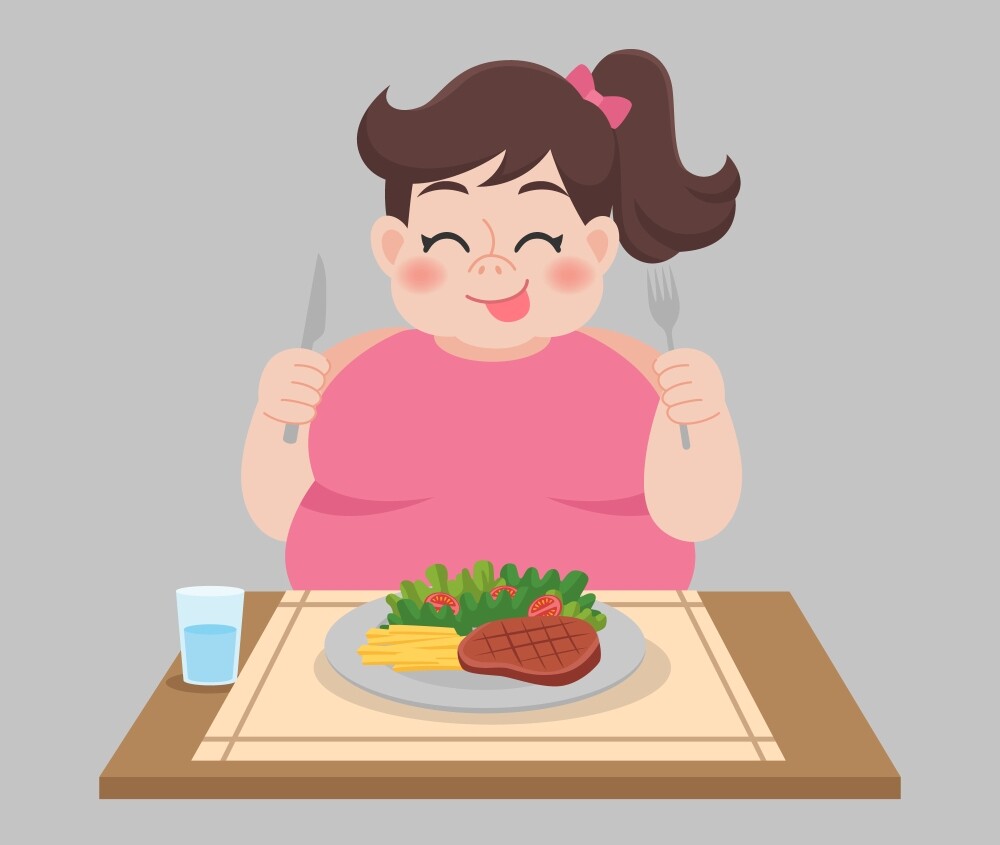Due to one-sided diets like Atkins, a lot of protein in food has fallen into disrepute. Or is it true that eggs, cottage cheese and meat can help you lose weight?
Does protein make you lose weight?
Protein is the best satiety food we have. And when you’re full, it’s easier to stick to a diet. It is also a fact that protein boosts the metabolism. About 30 percent of the calories contained in protein are consumed immediately for their utilization. This is considerably more than with fat and carbohydrates, so protein-rich food does not make you fat so easily.
This does not mean, however, that losing weight with a high-protein diet works best, as the Atkins diet propagates. In order to lose weight, the amount of calories alone is decisive, and not the ratio of protein, fat and carbohydrates on the plate, a Harvard study shows. Which protein can do really well, however: It protects against the yo-yo effect, which promptly brings back the lost pounds after a diet, shows a large European study (Diogenes). The best thing to do after a diet is not to skimp on low-fat dairy products, lean meat, fish, eggs and legumes.
Conclusion: Protein is a good ally in the fight against overweight. If you lose weight and are constantly hungry, it is best to increase the protein content of your diet and save on carbohydrates (meat with vegetables or salad, but no potatoes or pasta; thin bread with thick ham or curd cheese).
Prefer steak instead of bread in the evening?
In the end, it doesn’t matter whether you eat protein in the evening or in the morning. But some people are better satisfied with a small steak in the evening than with three slices of bread. The advantage of steak is that the body utilises the protein, not depositing it in the fat depots. If you satisfy your appetite in the evening with larger quantities of bread or noodles, you run the risk that the organism will break down carbohydrates overnight (which is what it prefers to do) and leave fat lying around. And this happens all the more when we eat late and our metabolism does not have as many hours to utilise everything.
Conclusion: Decide according to time and hunger!
Isn’t it unhealthy to eat a lot of protein?
Not unless you have kidney disease. But if you eat more than a third of your daily calories as protein, your diet is not only unbalanced but also monotonous in the long run and you probably wouldn’t last long. The body also fights back when it gets too much: with side effects such as dizziness or diarrhoea.
Conclusion: The official recommendation is that we should consume 0.8 grams of protein per kilogram of body weight. However, up to 2 grams of protein per kilogram of body weight are not harmful to health. The best thing is to decide for yourself where exactly between these two values your personal satiety and well-being mark lies.

